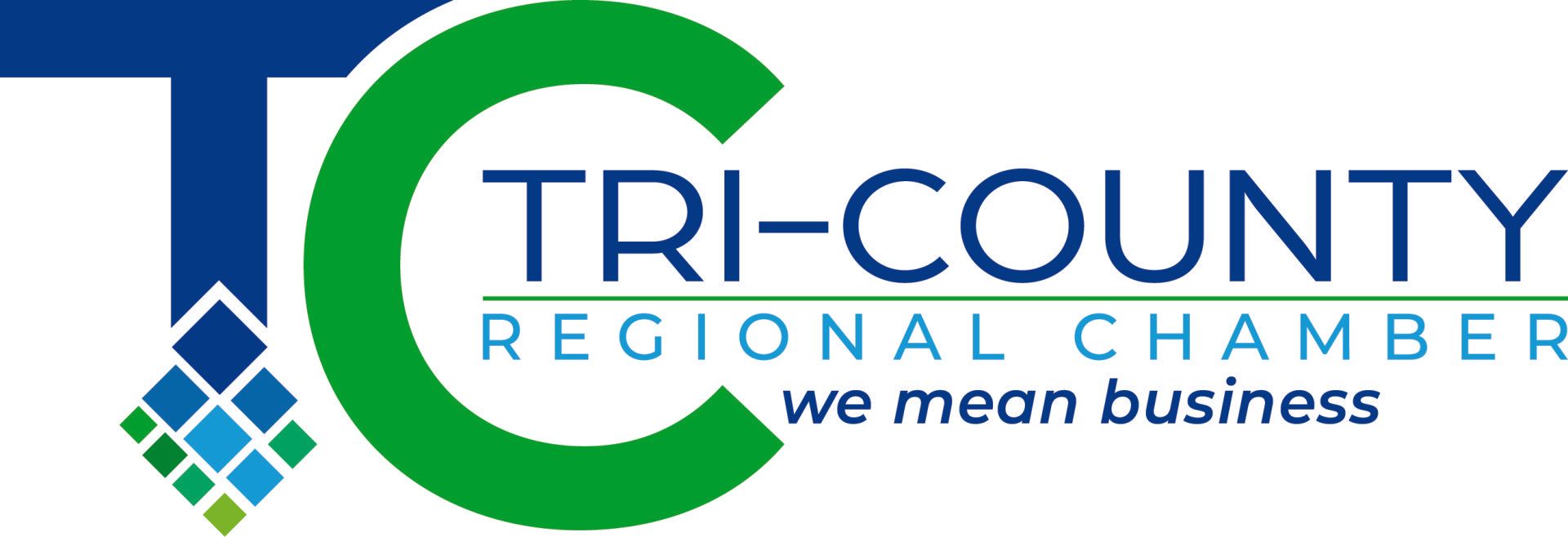1. What exactly are self-healing and self-cleaning shingles?
They’re advanced roofing shingles that repair minor damage (like cracks from hail) and resist algae, dirt, and moss buildup using smart materials like polymers and coatings such as titanium dioxide. They’re durable, low-maintenance, and ideal for Massachusetts’ tough weather.
2. How do self-healing shingles fix themselves?
They use materials like heat-softening polymers, self-sealing asphalt, or resin-filled microcapsules that activate with sunlight or impact to seal scratches, dents, and punctures—stopping small issues from growing.
3. What keeps self-cleaning shingles clean?
Coatings like titanium dioxide break down grime with sunlight, hydrophobic layers repel water and dirt, and copper/zinc granules release ions to prevent algae and moss—perfect for humid Massachusetts summers.
4. Which brands make these shingles?
Top brands include GAF (StainGuard Plus™, Timberline UHDZ™), Owens Corning (StreakGuard®, WeatherLock® Mat), CertainTeed (Landmark Solaris®), TAMKO (Heritage), and Atlas (Pinnacle Pristine with 3M Scotchgard™).
5. Are these shingles worth the extra cost?
Yes, especially in Massachusetts. They cost 20–40% more ($150–$200 per square) but save on repairs (30–40% less), extend roof life (5–10 years), and boost home value (5–7%), making them a smart long-term investment.
6. Where can I get them in Massachusetts?
Look for GAF, F-Wave™, or Malarkey shingles at local suppliers. Master Roof in Milford, MA, installs them across Boston Metrowest and Southeastern Massachusetts—contact them for a quote.
7. How do they compare to regular asphalt shingles?
Traditional shingles ($80–$120/square) need frequent cleaning and repairs, while these advanced ones self-repair, resist stains, and handle Massachusetts winters better—saving time and money despite the higher upfront cost.
8. Why should I upgrade to these shingles?
They’re tougher (built for snow and hail), easier (no cleaning), and add value (up to $20K in resale). For roofers, they mean fewer callbacks and a premium service to offer clients.
9. What types of damage can self-healing shingles fix?
They repair small hail dents (up to nickel-sized), scratches from branches, and micro-cracks from freeze-thaw cycles—common in Massachusetts—keeping roofs watertight.
10. How do self-cleaning shingles save energy?
By staying clean, they reflect more sunlight, reducing AC use by 10–15% (up to $200/year in savings)—a big plus for Massachusetts’ warm summers.
11. Who benefits most from these shingles?
Homeowners in storm-heavy areas (Western MA), humid zones (Cape Cod), or those who hate maintenance love them. Roofers benefit from happier clients and less repeat work.
12. How long do these shingles last?
They often come with 25–50-year warranties and can last 40–50 years with self-healing, compared to 15–20 years for traditional shingles—doubling roof life in many cases.
13. Can any roofer install them?
Yes, installation is like standard shingles—no extra training needed. Certified pros like Master Roof in Milford, MA, specialize in them for top results.
14. Do they work in Massachusetts’ climate?
Absolutely. They’re built for snow, hail, wind, and humidity—fixing winter damage and fighting summer algae, making them a perfect match for the state’s weather extremes.
15. How do I convince clients to choose these shingles?
Highlight the savings ($500–$1,000/year on repairs), longevity (5–10 extra years), and resale boost (up to $20K). Show them a sample—self-healing demos sell themselves!
